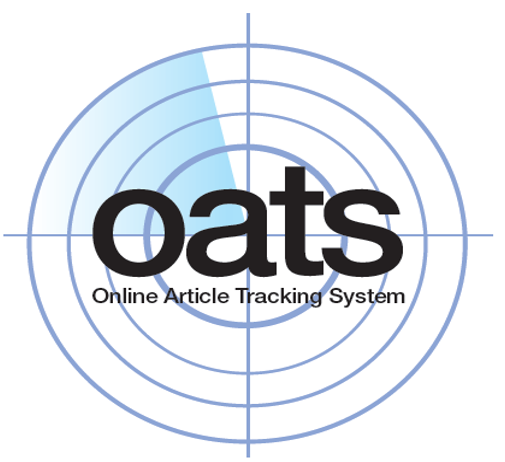Protecting local newspaper content online
 Wednesday, May 16, 2018 at 9:28
Wednesday, May 16, 2018 at 9:28 
This year is the 20th anniversary of Local Newspaper Week, a celebration of the work done by local outlets and journalists in creating trusted and quality news that supports local communities.
In the past 20 years there has been a shift in how news is consumed, with more and more people turning to social media and online platforms to receive their news.
With this change to digital comes copyright threats in the online sphere as well as copycat websites that adjust the content, contributing to the rise in fake news. As a YouGov poll found earlier this year, local papers are considered the most credible source of regional news, ahead of local TV and radio (trusted by 73 per cent), and search engines (43 per cent). In order to maintain this trust, there is a behind-the-scenes battle to find and take down content that has been republished without permission, credit or copyright. Over just one week, approximately 2,700 articles from our publisher partners are cut and copied onto other sites. Furthermore, these sites then sell advertising space and make money from the pirated content.
Three years ago, NLA created our Online Article Tracking System (OATS) which searches and detects these instances of copyright abuse across vast quantities of online article data. OATS can analyse every article that’s produced by an online newspaper in the last two months, and then find cases of where these articles have been copied by a particular domain. To do this manually would take days of work. As well as this, using OATS also makes reporting and removing pirated content a faster process.
OATS detects and deals with a variety of copyright abuses which range from parts-of, to full articles, as well as photographs or captions that have been copied and posted without permission. The most common types of copyright abuse are:
- Copying / lifting text from an online article and adding a credit to the name of the original publisher. This usually occurs because there is an ignorance around copyright law and terms and conditions. In our experience, once you notify the infringing domain, they remove the content.
- Copying / lifting parts of (or all of) the text from an online article and not adding credit / linking to the original publisher. These sites tend to design the layout to look as though it's their own original work by their own reporters.
- Occasionally, websites that replicate a major news site in terms of design and URL. Sometimes the content is kept the same however content can be changed, often altering it slightly which gives the article a new tone or message. These instances of slightly-altered content contribute to the issue of fake news.
In most instances, we contact the domain hosting the copyrighted content directly, inform them that they are in breach of copyright and ask them to remove the content. This process reduces the chance of the same person and/or domain repeating the offence. However, if after multiple attempts we're unable to contact the owner of the domain, we contact the domain hosting provider and issue a Digital Millennium Copyright Act (DMCA) notice to remove the content.
Three years on, OATS is becoming a vital tool for both national and regional publishers to identify and communicate with the websites infringing on copyright. In 2016, we removed a total of 95,076 articles from 679 domains with a 79.98% success rate. In 2017, these numbers grew even further with 98,643 articles removed from 867 domains with a 91.8% success rate.
Chris Lukins, OATS Manager at NLA media access comments “OATS has fast become an important tool for publishers, both national and regional, especially with the rise of fake news. Our success rate continues to increase year-on-year and in 2018, we will continue the fight for real news and support real journalism.”
Michael Pocock, Director of Content Partnerships, at ESI Media (whose portfolio includes The Independent, Evening Standard and ES Magazine), said of working with NLA media access: “NLA discovered and removed over 13,000 individual articles that had been lifted from The Independent and Evening Standard websites across 2017 and republished on over 100 infringing websites without our permission. OATS has been a great resource for identifying these illegal usages and provides a solution that allows multiple publishers to efficiently and proactively address such copyright infringement without the extensive resource that would be necessary to cater for that individually.”
 NLA | Comments Off |
NLA | Comments Off |  OATS,
OATS,  Online Article Tracking System
Online Article Tracking System 